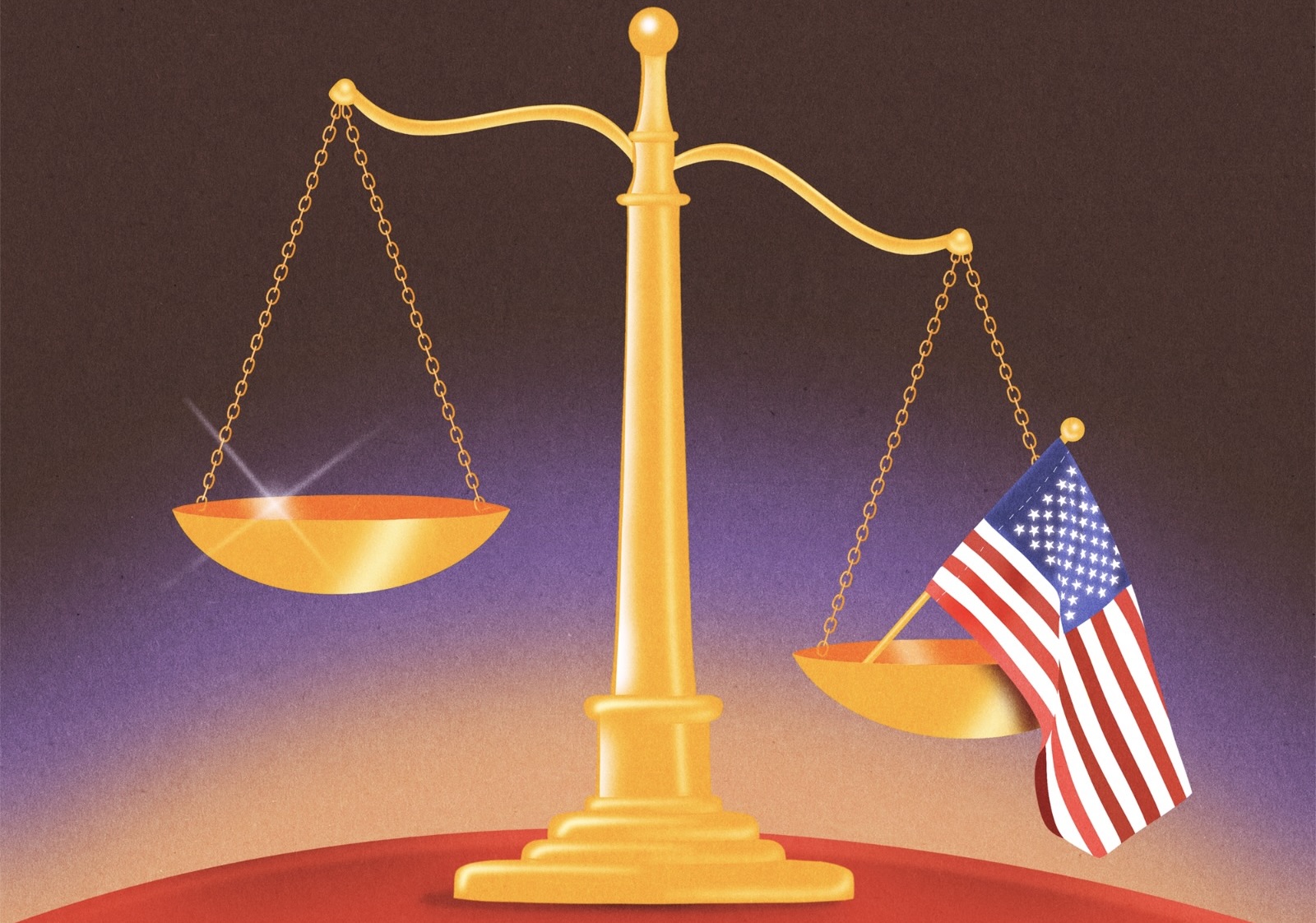Donald Trump will re-run for president later this year, despite his role in the Capitol Hill attack of 2021, but what leads people to vote for authoritarian-style leaders, and how can we have better conversations around the topic?
So you know someone voting for Donald Trump. Viktor Orban, maybe? Or perhaps, they voted for Jair Bolsonaro. All these political figures have exhibited authoritarian traits, despite governing democratic countries. But what leads voters to back such individuals? It is easy to dismiss the politician who doesn’t agree with your moral outlook, but when close to half the electorate supports them, a constructive conversation seems necessary for democracy to function.
Democracy is often portrayed as the cornerstone of Western society, the ideal to which all other societies should aspire. However, Nara Pavão, associate professor in political science at the Federal University of Pernambuco in Brazil, believes it is naive to think that people place a particular importance on democracy in the first place.
“I think there’s this disconnect between this general idea that democracy is something desirable and what people actually do when they come across an authoritarian leader,” she says.
Pavão explains that people often will say they support democracy, but might agree that under circumstances which resonate with their worldview, it is acceptable for a politician to be authoritarian. For instance, voters might support giving powers to “the president to shut down congress when there’s a lot of corruption,” she says.
When Donald Trump, after losing the 2020 U.S. presidential election, claimed the voting process had been rigged, his supporters saw it as a call to arms to “stop the count.” On 6 January 2021, Trump supporters stormed the Capitol in an attempt to stop Congress from formalising Biden’s victory.
Harry Sanders, a 27-year-old Trump supporter, thinks that although Trump should have handled the situation differently, his actions were not authoritarian.
“Did inciting the violence contradict democracy? No, I don’t think so, because I think he knew deep down that it wasn’t the true count,” he says. “The fact that Biden was the most voted for President in history, I just don’t think it adds up.”
There has been no evidence of electoral fraud in the 2020 presidential election, according to research by academics at the universities of Stanford and Chicago.
While speaking to Sanders, Pavão’s analysis seems plausible. Sanders’s position on Trump’s role in the 6 January insurrection could illustrate how support for a politician can lead to excusing authoritarian behaviour.
Pavão says certain moral values could explain why a number of right-wing political figures in democratic societies have recently found success.
“This is to do with people’s need for structure and hierarchy, these psychological traits. When you’re a conservative, you need certainty and you need to look to the future and see things are predictable,” she says.
Royce Carroll, professor of comparative politics at the University of Essex, similarly says that “authoritarian leaders are an attractive political option as a mechanism that could push back against political chaos or potential alternative tyrannies.”
According to this perspective, if close to half of voters select Donald Trump at the polling stations later this year, it will not be because they all support authoritarianism, but likely because they place greater importance on authority and the order they perceive Trump can offer in place of instability.
It is important to state authoritarianism is a politically universal problem. A 2021 study by psychologists at Emory University found that people who favour authoritarianism have similar psychological and behavioural traits, whether they are on the right or left.
With so many elections in 2024, understanding people’s different moral frameworks can help to understand why authoritarian behaviour is sometimes seemingly overlooked.
Feature Image: Artwork illustrated by Mary O’Neil.

